As Vissel Kobe prepare to kick-off their season on March 2, David Villa is set to become the latest famous footballer to begin a new phase of his career in the J-League.
Villa joins midfielder Andres Iniesta and forward Lukas Podolski in the stable of World Cup winners at the club, with all three having won football's biggest prize during their career, among a plethora of other top honours during their time in Europe.
Spain's all-time leading scorer chose Vissel after amassing 80 goals in the past four seasons for Major League Soccer's New York City FC. So why Japan? And why Vissel?
"They showed me from the first moment they want me in their club," Villa told Goal about Vissel's representatives. "After I decided to leave NYCFC, I saw that the team with more desire to sign Villa was Vissel Kobe.
"It's not the only reason but it's the most important reason for me after discussing with my family and with my people, seeing myself in Vissel, talking with friends that I have like Andres or people who were playing and living in Kobe."
Next Match
By continuing his career in Japan, Villa chose to face the sizable challenges that a non-Western culture poses to Europeans - something that Pierre Littbarski, an attacking midfielder who represented West Germany at three World Cups, understands.
Littbarski played 14 seasons in the Bundesliga before finishing his career in the J-League, while he also he spent four seasons managing J-League clubs.
In an interview for the Bundesliga's website, Littbarski described the cultural differences as "quite considerable, from the food to the traditions and general way of living - everyday human interaction, the way people are raised and educated, the significance of the extended family unit".
The former midfielder also found an unexpected problem on the pitch when he joined the J-League for its first season in 1993.
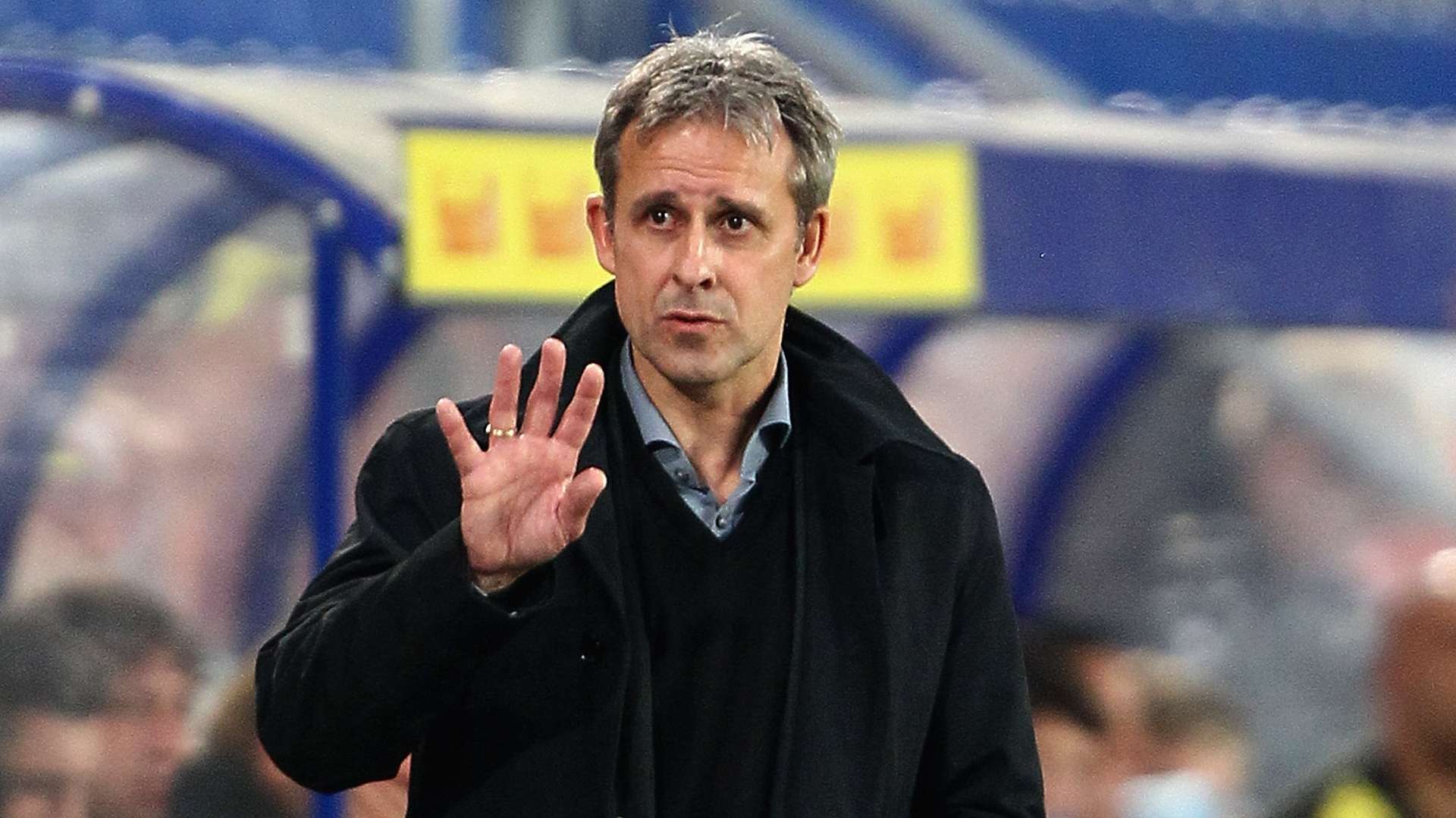 Getty Images
Getty Images
"This must sound strange but I was falling a lot because the grass was totally different," Littbarski told Goal. "Especially with my style of playing - short turns and moves, and dribbling a lot with the ball - I was falling quite a few times over the ball because the game was slower. It was really strange. I couldn't understand what was happening. It took me two weeks to adapt to it."
Iniesta, who signed a three-year contract with Vissel in May and made his club debut in July, noticed another difference with Japanese football compared to top-level competition in Europe.
"Certainly, the way of experiencing football isn't as passionate," the Spanish playmaker revealed to Goal. "But at the same time, I think they have a strong feeling of playing as a team.
Littbarski, who played for West Germany's World Cup winners in 1990, agreed.
"Very simply, you can say that generally, the European footballer is playing more for himself, for his own success," he said. "The Japanese is thinking about the team's success. That is a huge difference."
Iniesta believes such a difference directly reflects Japanese culture. "The lifestyle is more relaxed, calmer," he added. "I think the level of sport and the way of life are related. They're two different continents in the way they experience football, different situations. Neither is better or worse than the other."
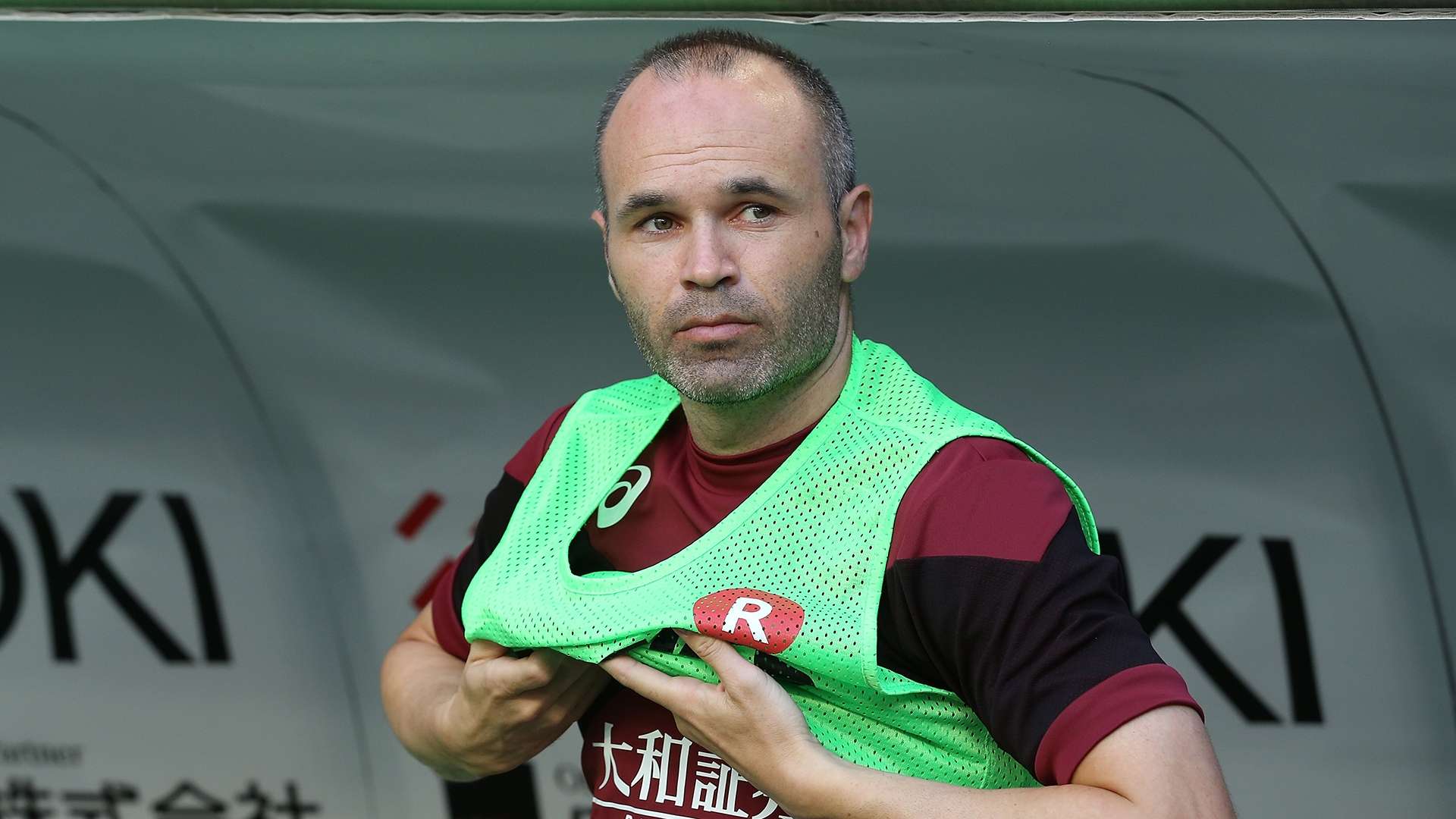 Getty Images
Getty Images
The more relaxed lifestyle charmed Podolski, who joined Vissel in 2017 and scored twice in his first match. "It's a really good country to live in," the German striker told Goal.
"The people are friendly. It's safe. It's a great country for kids. You have a lot of places to visit, not only in Kobe, where we live. You have a lot of cities around you can visit. It's really cool. It's really fun, as well. I like the culture and I like to live there."
When he arrived in 1993, Littbarski noticed just how friendly the people were. "I was really positively surprised about how they treated me, not only because I was a famous player," he said.
"Generally, even people who didn't know me were very helpful, very open. When I had a problem, they tried to help. Sure, the language barrier was there but generally, everybody was very kind. That was not what I was expecting."
Littbarski also noticed how much Japanese football has improved since his arrival, with coaches tweaking their formations and tactics to react to different situations in a game.
"When I started in '93 with the J-League, there were huge differences between Europe and Japan in terms of reacting professionally and having tactical answers in terms of reacting to situations, changing the game's rhythm when the opponent is one goal up," he added. "That actually changed a lot.
"They are much more flexible. They actually study other football styles, other tactics, and they're quite good in bringing them to the pitch. In the last World Cup, the national team really played with a lot of flexibility in some games. In terms of finishing, they still lack quality in front of the goal. But the games are more competitive in the league."
As a result, Podolski views the J-League as among Asia's best, noting Kashima Antlers' success in the AFC Champions League that would eventually see them face Real Madrid in the Club World Cup in 2018.
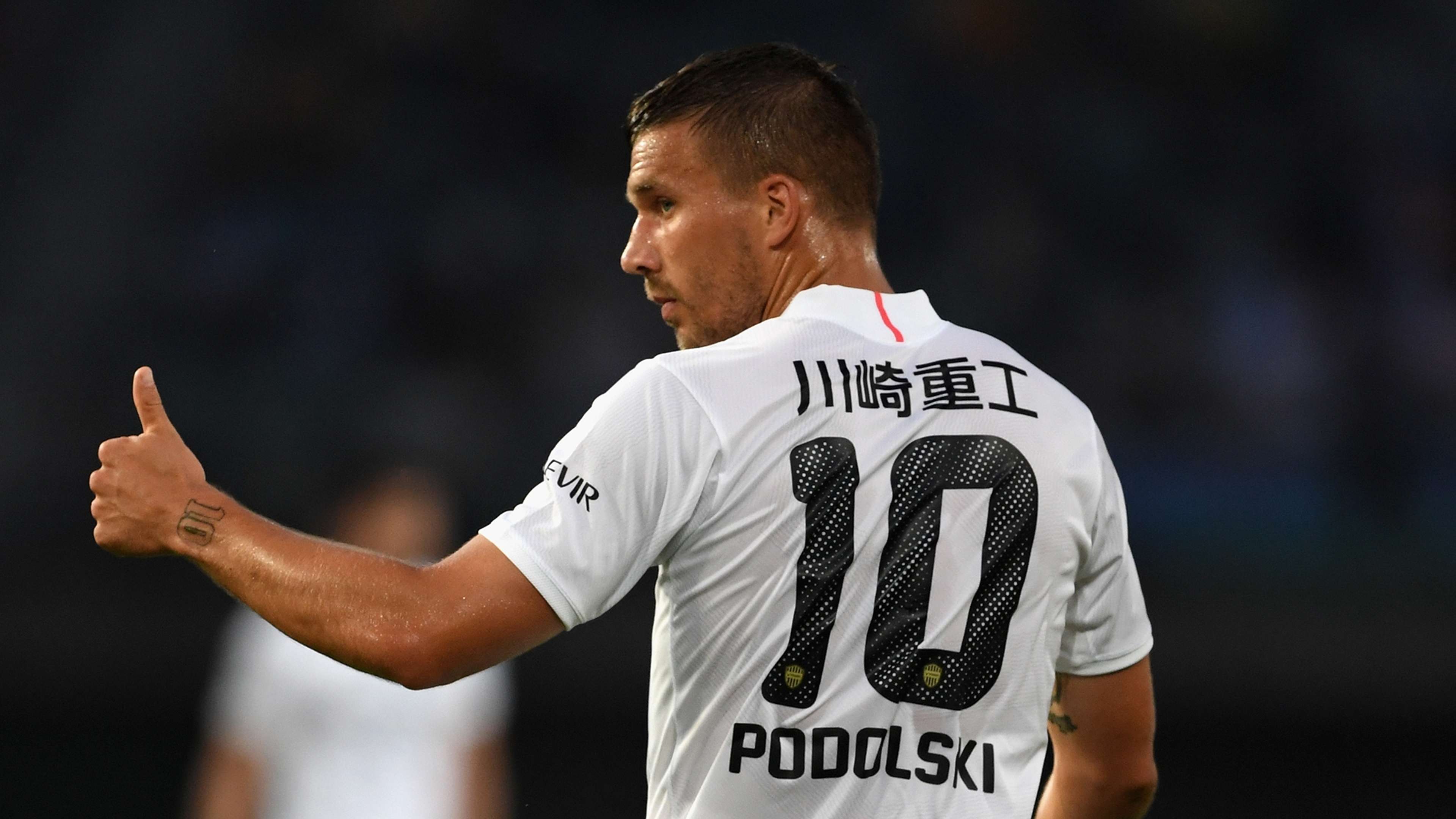 Getty Images
Getty Images
"I think the Japanese league is a strong league, especially in Asia," he said. "Last year, a Japanese team won the Champions League and the national team is doing well in the World Cup. It's a good league, a strong league but I cannot compare it to Europe. It's different."
Yet in Littbarski's mind, the Japanese have not confused being more competitive with adopting a win-at-all-costs mentality, as we regularly see in Europe's big leagues.
"They're really respecting the opponents," he said. "That is different than in Europe. In Europe, you just play to win and use everything possible."
Though Littbarski came to Japan at the end of his career, the experience proved to be a turning point and that his experiences in the Asian country helped change his outlook not only on football, but life in general.
"I came as a little stubborn German personality, small-minded, and it was actually an eye-opener for me that you can really do things differently," he said. "My daily life was totally different."
Littbarski grew "from a very small-minded football player to a quite open personality, understanding and seeing other cultures, understanding that there are several ways to approach people, having some respect. I think they gave me a lot in terms of seeing the world differently, you know."
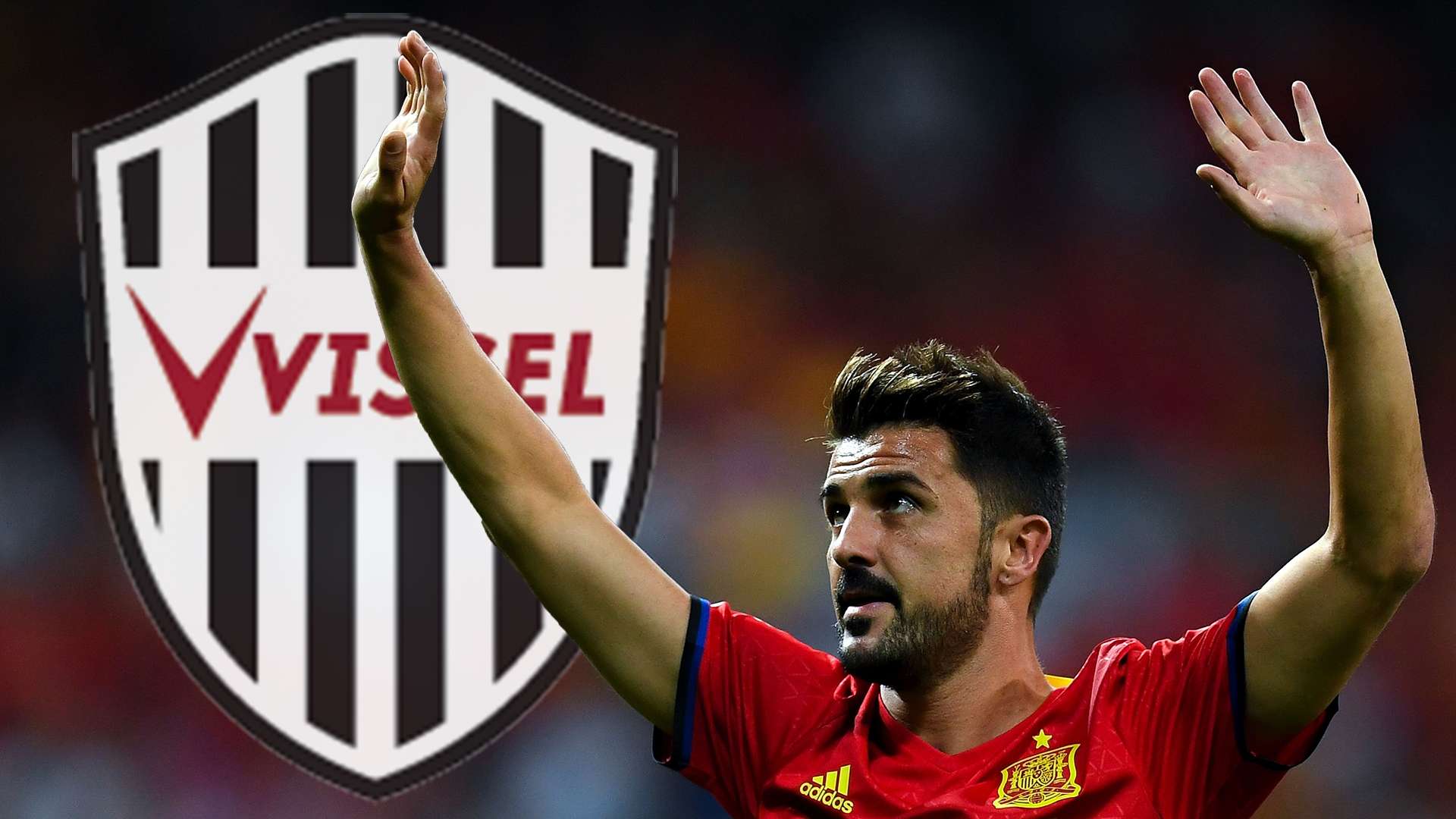


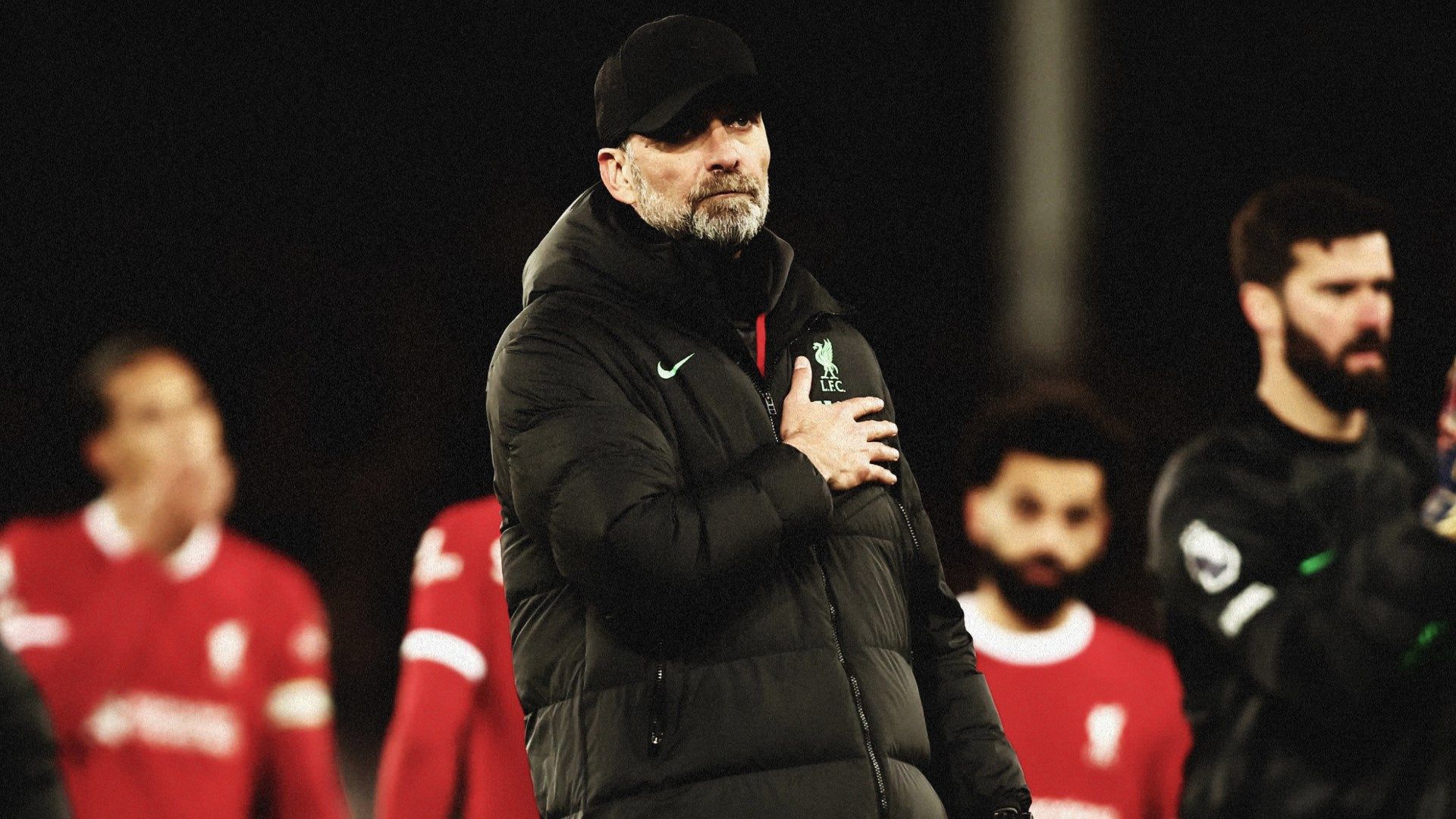.jpg?auto=webp&format=pjpg&width=640&quality=60)
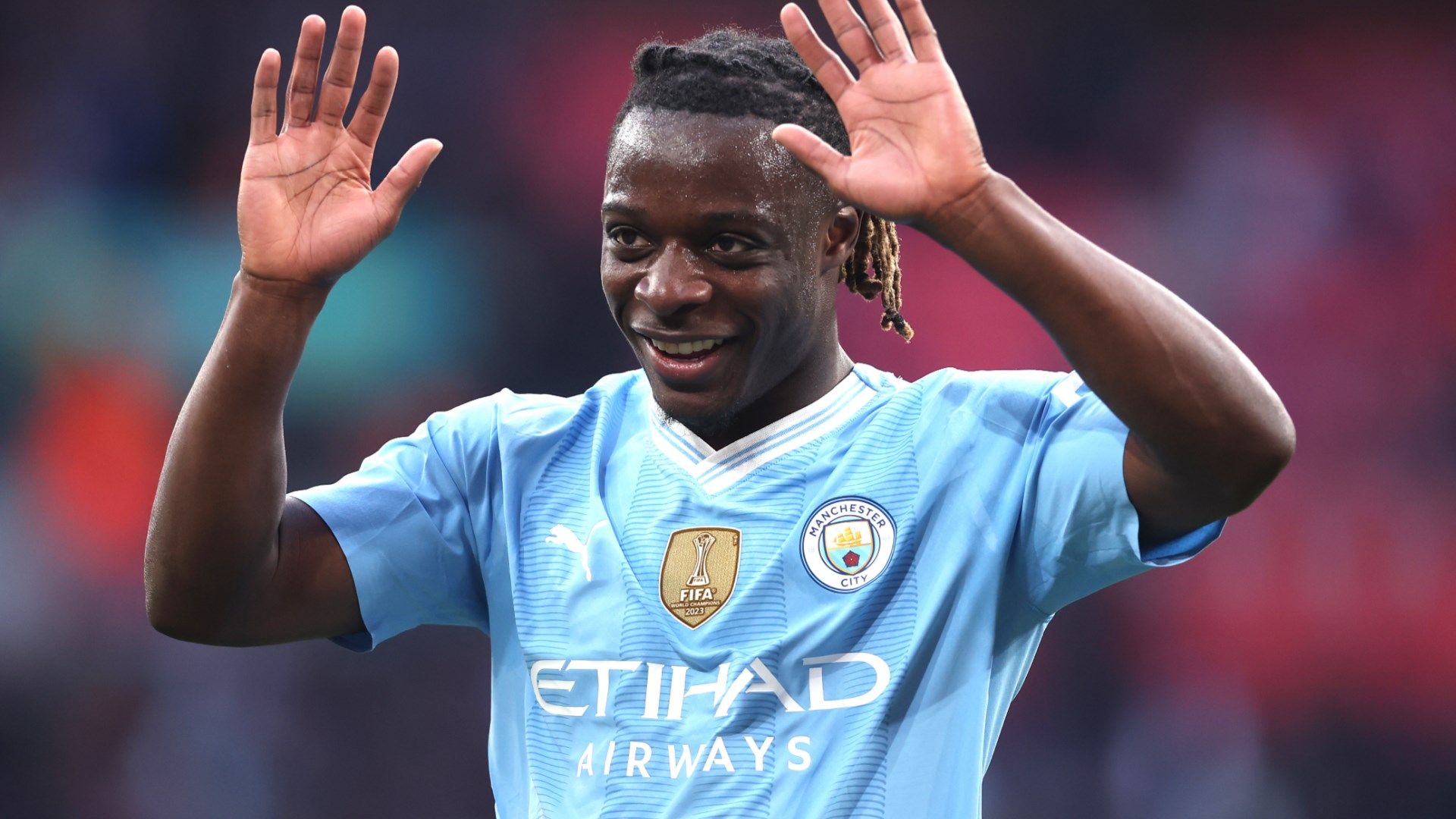.jpg?auto=webp&format=pjpg&width=640&quality=60)
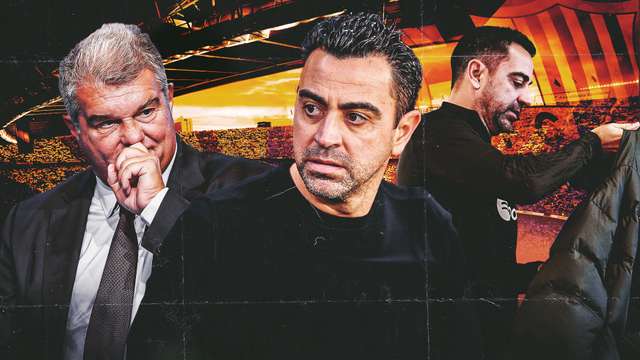
.jpg?auto=webp&format=pjpg&width=640&quality=60)